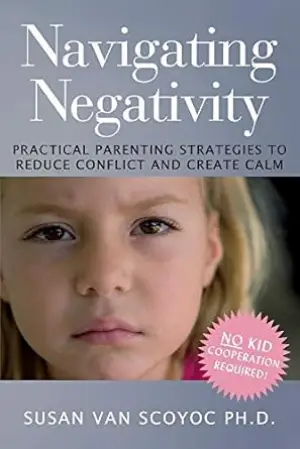Book Review: Fractured Empire: The Empire Reborn
As an avid reader, I have a particular fondness for alternate histories, and the concept of exploring "what if" scenarios deeply intrigues me. When I came across Fractured Empire: Book II – The Empire Reborn, the premise immediately drew me in. The idea of a world where the American revolution fizzled out, and British and French empires tightened their grips on power, sounded both captivating and thought-provoking. I was eager to dive into this complex tapestry woven with political intrigue, espionage, and speculative technology.
After finishing the book, I must say that it largely met my expectations. The novel picks up after the rebellion’s brutal suppression, presenting a continent reshaped by imperial forces and cold calculations. One of the standout aspects for me was the multi-dimensional characters. Each character, whether part of the imperial machinery or the resistance, felt richly crafted, their motivations blurring the lines of loyalty and survival. Readers are introduced to espionage agents and unlikely visionaries, expertly navigating a world where choices can mean life or death.
However, it wasn’t all smooth sailing. While I appreciated the depth of the narrative, I did find some pacing issues. Certain sections felt drawn out, particularly in the buildup to key events, which made it challenging to maintain momentum through the pages. Additionally, there were times when the intricate political maneuvers could become overwhelming, potentially losing less-invested readers.
One detail from the official description that resonated with me was how the story emphasizes the importance of technology and imperial control. The book fully embraces the theme of "technological acceleration," unveiling steam-and-gear-powered innovations that serve the interests of the empire but simultaneously lay the groundwork for potential revolution. This fascinating conflict, the interplay between oppression and innovation, kept me engaged and made me ponder real historical moments where progress was indeed purchased at a steep cost.
Many readers have highlighted the complex political landscape as a major strength of the book, and I’m inclined to agree. The moral terrain where characters must navigate survival against authoritarianism was compelling. I found myself questioning what truths we often ignore for the sake of comfort and how easily one can surrender their agency to oppressive powers. The book challenges us to confront uncomfortable ideas, asking us to consider whether technological progress can truly justify the means employed to achieve it.
However, I did notice some feedback mentioning that the world-building could be dense at points. I would concur to an extent; while the backdrop richly reflects a society grappling with imperial rule, it occasionally requires meticulous attention, which might deter some readers who prefer a lighter touch.
Overall, Fractured Empire: The Empire Reborn is a gripping continuation of a saga that explores not just the ashes of a failed rebellion but how histories are crafted by those in power. I would recommend this book to readers who enjoy alternate histories laden with political intrigue and rich character arcs that challenge our understanding of loyalty and morality. While the pacing might frustrate some, the thought-provoking themes it presents make it a worthy read.
In conclusion, if you have an appetite for an immersive tale that delves into the darker aspects of empire and technology, this book is definitely worth your time. I look forward to seeing where the story heads in Book III: The Celestial Republic.
Discover the captivating twists of history in “Fractured Empire – Book II: The Empire Reborn.” >>








